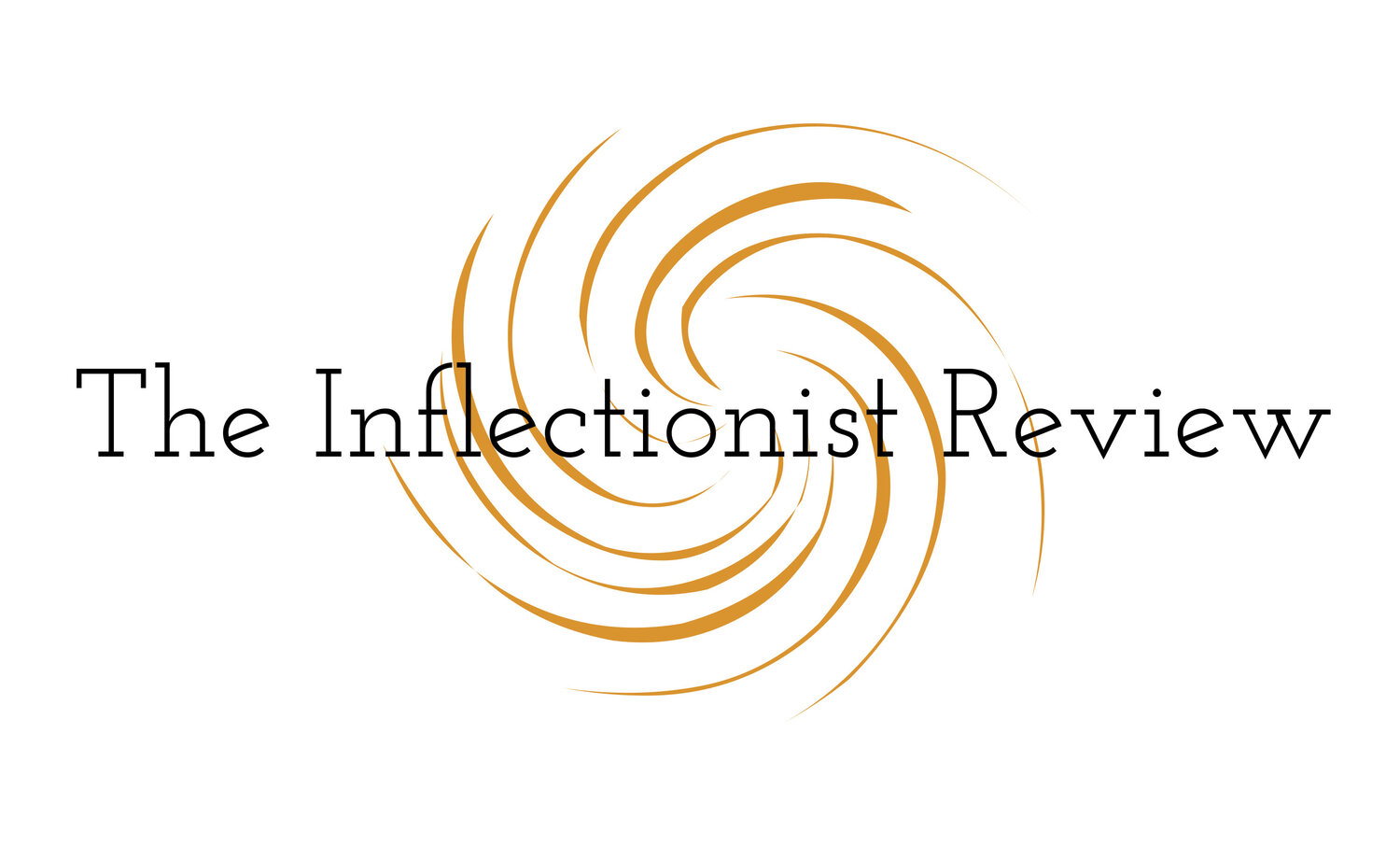Jonathan Fletcher reviews
The Influencers Are Gaslighting Us
by Bleah Patterson
The Influencers Are Gaslighting Us
by Bleah Patterson
Bottlecap Press
2024
Paperback, 26 pages
$10
Bleah Patterson’s microchapbook is nothing if not daring. An examination of gender, body image, mental health, queer sexuality, and other timely issues relating to identity (and the challenges that invariably attend attempts to discover, articulate, and assert one’s own identities), THE INFLUENCERS ARE GASLIGHTING US simultaneously and unapologetically (if mostly implicitly) critiques the insatiably self-gratifying nature of social media and the problematic norms and standards it only serves to reinforce. With intriguing (not to mention audaciously long) titles such as “I’m not a worm, I’m just a girl / I’m not a girl, I’m just a worm,” “The friends I had a nineteen are all blocked on Facebook now but,” and “When I tell my therapist I put the ‘bi’ in Bipolar, she asks to see me twice a week,” as well as the arguably tongue-in-cheek title of the microchapbook itself, Patterson invites (or, more accurately, lures) the reader into an arguably dizzying array of fragmented observations, interrogations, and assertions. However, though quite playful in spacing, lineation, and enjambment, THE INFLUENCERS ARE GASLIGHTING US is anything but unserious in content and commentary. And it is artfully rendered throughout.
In “I’m glad my grandma died before she could see me get fat,” the speaker relates their experience with the physical/social transition between girlhood to womanhood and the problematic gendered expectations that attend such a change. As they observe, “our home was all / doughy / sprinkled and whip / creamed until I turned fourteen / and then / I was ‘only eat a third of your plate,’ and / ‘excuse yourself / if you ate too much, / brush your teeth after’” (Patterson 15). Besides the content of the piece, the form, or lack thereof (an interesting idea, given the issues of body image addressed therein) is performing a lot of work. In the places in which the speaker lacks agency or is at least subject to the judgment of others (e.g. “she was all “you don’t / want to be pounds of sausage”), the fragmented lines reflect their disembodied voice (ibid.). However, towards the end of the piece, where the speaker acknowledges their increased weight but also their uncontainable spirit, the lineal fragments represent such welcome illimitability. As much as the piece is about individual embodiment (or, put another way, the reclamation of the body), it is also (and as much) about gendered inheritance, whether that be that be a source of joy for the speaker (such as the speaker’s grandmother teaching them how to bake) or a source of pain (the unwelcome and hurtful comments from others about the speaker’s eating habits, diet, and weight).
In “A poem in which I am one of the worms wriggling around my grandmother’s dead body,” one of Patterson’s seven “worm” poems, similar issues as to addressed in “I’m glad…” are brought up but rendered differently. For example, the speaker of the former, comparing herself to a worm (a not-so-subtle commentary on their weight and image) preparing to feed on her late grandmother’s body, also critiques the unfortunately still-extant gendered expectations in society: “women imagined as literal cows” (ibid. 11). As with “I’m glad…,” however, the piece ends on a hopeful note. Inverting the idea of feeding as something gluttonous, the speaker beautifully reclaims it through a figurative interpretation: “after / all of these years / she’s still feeding me” (ibid.).
Though Patterson’s chapbook is a quick read, it takes time to digest (no pun intended). It takes time to appreciate. Though the work reads as highly personal, its aims, however aspirational, are communal, if not generational. Whether evoking the spirit of their grandmother or recounting sessions with their therapist (all the while doing so with a characteristically wry sense of humor), Patterson is speaking to all the girls (and boys) who’ve been subject to harmful comments (however unintentionally so) and problematic norms and standards. In equal measure, though, she is also (however implicitly) implicating a society that has only reinforced (even rewarded) such injurious social expectations, only all the more successfully through recent technologies such as social media. Because of that, THE INFLUENCERS ARE GASLIGHTING US is not always an easy read. However, it is a timely one. It is an essential one. It is a well- crafted one. Don’t pass it up.
Jonathan Fletcher holds a Master of Fine Arts in Creative Writing from Columbia University School of the Arts. His work has been featured in numerous literary journals and magazines, and he has won or placed in various literary contests. A Pushcart Prize, Best of the Net, and Best Microfiction nominee, he won Northwestern University Press’s Drinking Gourd Chapbook Poetry Prize contest in 2023, for which he will have his debut chapbook, This is My Body, published in 2025. Currently, he serves as a Zoeglossia Fellow and lives in San Antonio, Texas.
Bleah Patterson is a queer, southern poet born and raised in Texas. Much of her work explores the contention between identity and home and has been featured or is forthcoming in various journals including Electric Literature, Pinch, Write or Die, Phoebe Literature, and Taco Bell Quarterly.

